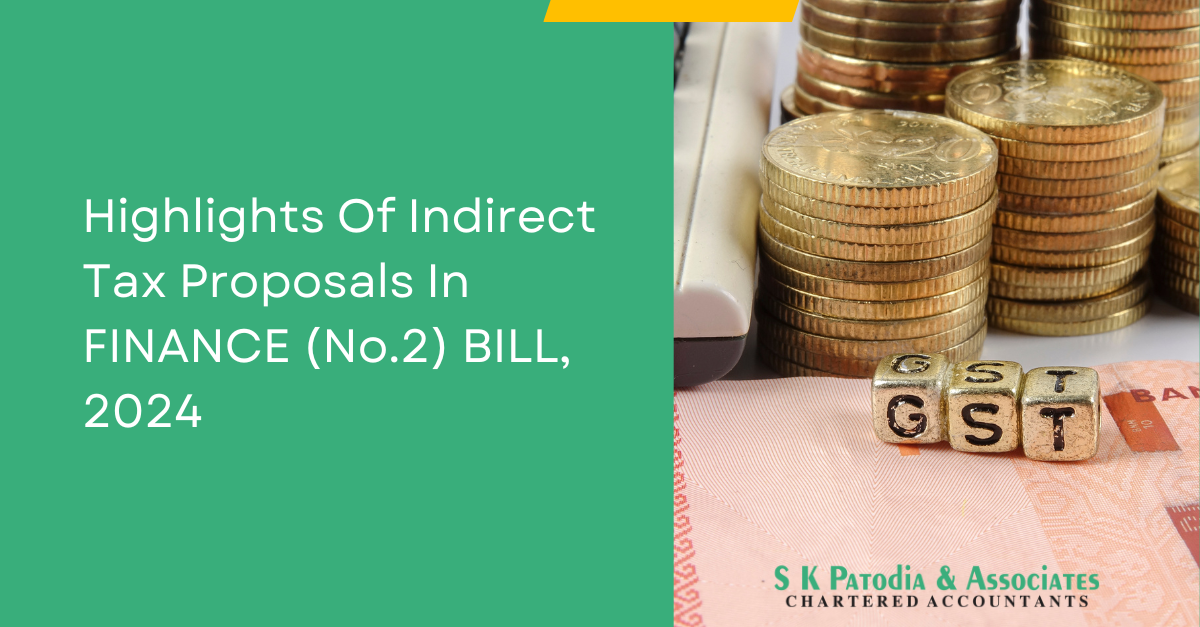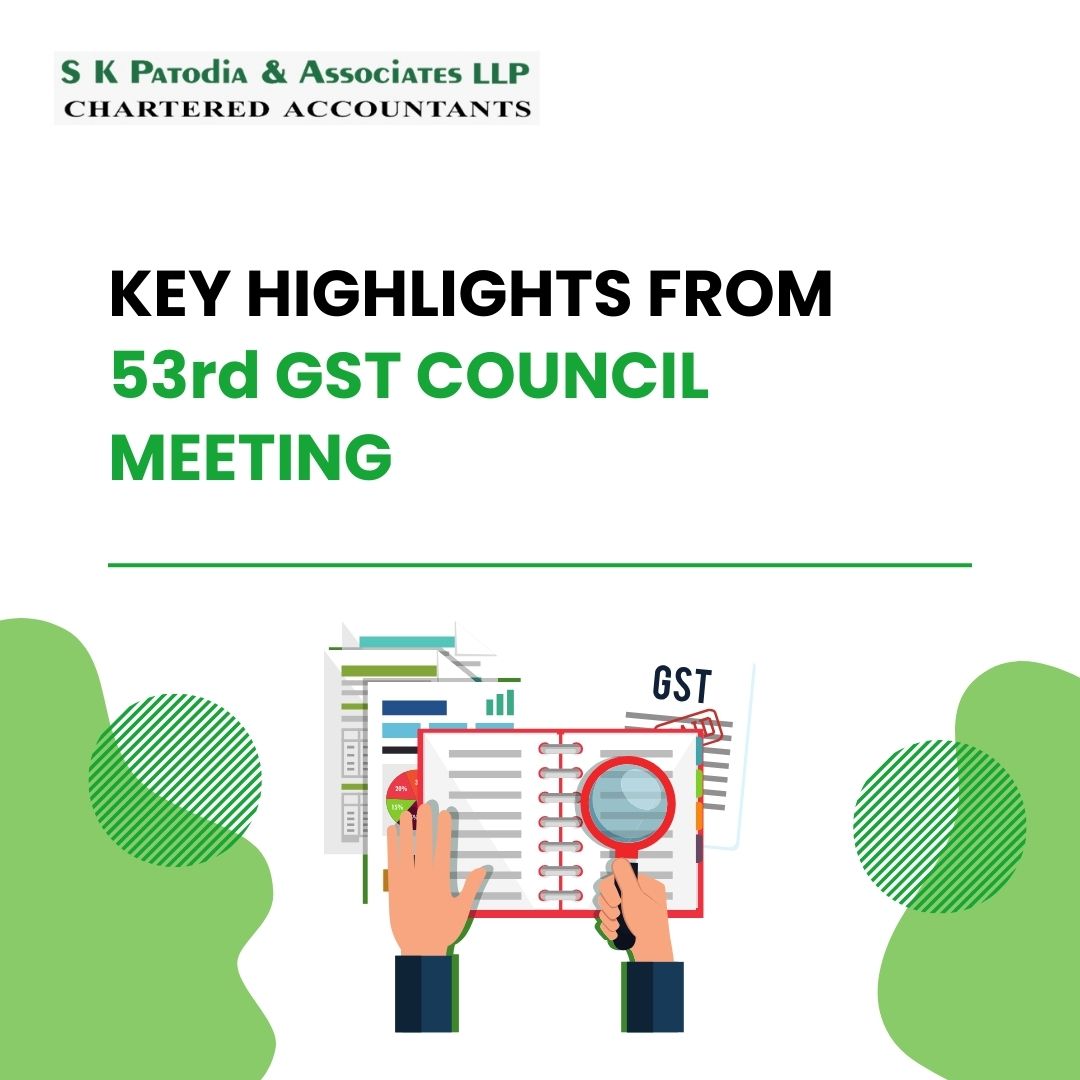It is rightly said that MNC’s start their International structuring for having international synergies but end it when it comes to the tax perspective.
Companies minimise their tax liabilities by shifting international profits to subsidiaries in the low or zero tax regime, and simultaneously shifting high expenses to highly taxed countries. Multinational companies structure their operations after a deep analysis of DTAA and Taxation Provisions.
Fundamental Taxation Concepts
- DTAA prevails over domestic taxation laws (except where provisions of GAAR apply).
- TRC of Singapore Company must be provided for claiming Treaty Benefits.
- As per clause 10 of Article 5 of India – Singapore DTAA: Permanent Establishment, merely because a Company which is a resident of Singapore, controls or is controlled by a company which is a resident of India, shall not constitute either company a permanent establishment of the other.
Scenario 1
Singapore Holding Company (SHC) backed by Indian promoters and Singapore VC, owns Intellectual property and receives royalty and Dividend from ISC.
Indian Subsidiary (ISC) pays Royalty for brand name and pays Dividend to SHC.
- Capital gains on sale of shares of Singapore Holding Company (SHC)
This is one of the biggest reasons for such a structure, especially where the funds investing are registered overseas. In Singapore, Mauritius and Dubai, there is no domestic tax on capital gains; hence the shareholders may not be subject to tax on sale of shares in SHC.
Recent amendments in Income tax law (Indirect Transfers are Taxable in India): if SHC derives more than 50% of its value from assets in India and the sale value exceeds Rs. 10 crore, then proportionate capital gains shall still be subject to tax in India, irrespective of domestic tax laws in the country of incorporation of Singapore Holding Company.
- India- Singapore DTAA
As per DTAA, this transaction would continue to be taxed only in Singapore (where capital gains are taxed at 0%). It is subject to limitation of benefit clause.
- Royalty income of SHC
Royalty earned and received by SHC from ISC would be subject to taxes in India @ 10%.
- Place of Effective Management (POEM) and Case for Residential Status
If the POEM is in India, SHC could be regarded as a resident in India then all incomes earned by SHC shall be subject to tax in India with a possibly DTAA conflict.Hence, if SHC is only a company based out of Singapore with no considerable documentation, such that none of its board meetings/directors are Singapore based with the management being effectively carried out of India, SHC shall be regarded as a resident company in India.
- Transfer pricing provisions
Transaction of Indian entity with its related person overseas is subject to transfer pricing rules. Transactions shall be made at ALP (Arm’s length Price). Hence, royalties paid by ISC and development charges received by ISD shall be subject to transfer pricing.
Detailed commercial contracts and invoices need to be prepared for these transactions.
- Shares Issued at premium to SHC
Section 56 (2) (viib) where a closely held company receives from resident, any consideration for issue of shares in excess of FMV, such excess amount is taxable. It is recently held in Vodafone case law that the section applies when investor is a resident and not when the investor is a non-resident.
- Taxability of Dividends distributed by ISC and ISD
Indian companies are subject to corporate tax @ 30% plus surcharge (7/12%) and cess @ 3% depending on their income levels. Post-tax profits, when distributed are subject to 15% distribution plus surcharge and cess. However, dividends distributed by ISC and ISD to SHC are not subject to any further tax in India, since dividends from Indian companies are fully exempt in India.
- Loan by ISC to promoter of SHC
Advance or loan by a closely held company to a (beneficial owner) shareholder, or other entities where such shareholders have substantial interest to the extent of accumulated profits is taxable as Deemed Divided u/s 2(22)(e).
Scenario 2: Indian holding company and Singapore subsidiary company
- Dividend from domestic company
Dividend received from an Indian company which has suffered DDT is exempt from tax under section 10(34).As per section 115BBDA (w.e.f. Finance Act, 2016), in the case of resident individual/HUF/firm: dividend shall be chargeable to tax at the rate of 10% if aggregate amount of dividend received from a domestic company during the year exceeds Rs. 10,00,000.Exemption under section 10(34) is granted to dividend received from an Indian company and not to a dividend received from a foreign company.
- Dividend from Foreign Company
Dividend is Taxable under “Income from other sources” & Taxable at the rates applicable to the taxpayer.
- Relief from DTAA
Since there is no DDT in Singapore, no relief is provided on dividend income in DTAA.
- Concessional rate of tax to dividends received from foreign specified company
Dividend received from a SSC is taxed in the hands of a resident taxpayer at the normal rates applicable to his income.
Normal tax rate applicable to an Indian company is 30% (+ surcharge/cess). However, section 115BBD provides a concessional rate of tax of 15% (+ surcharge/cess) in respect of dividend received by an Indian company from a foreign company in which the Indian company holds less than 26% of the equity share capital.




